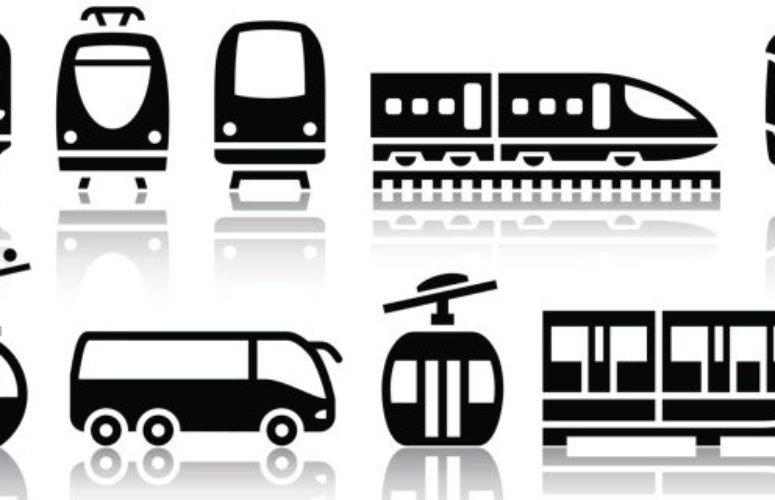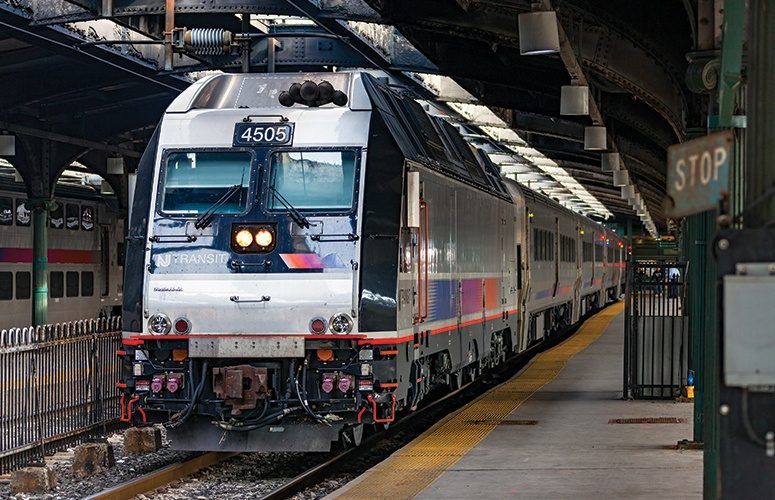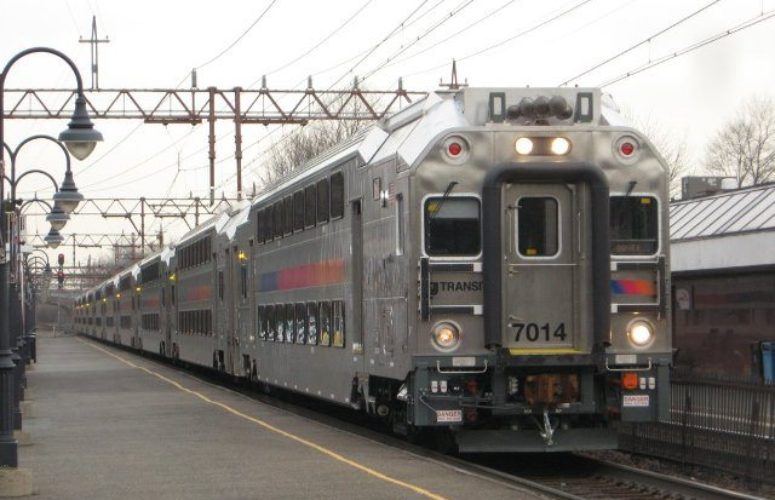
NJ TRANSIT Board of Directors Adopts Fiscal Year 2016 Operating Budget and Capital Program
On Jul 15, 2015The NJ TRANSIT Board of Directors adopted a Fiscal Year 2016 (FY 2016) operating budget and capital program that supports continued investments in infrastructure and equipment to maintain the system in a state of good repair and enhance the overall customer experience.
The board also adopted a fare and service plan which includes an average 9 percent increase in fares, with no customer paying more than 9.4 percent after rounding, and modest changes for rail and bus service.
“NJ TRANSIT is moving forward with a balanced budget that reflects a laser-like look at individual business lines in order to maximize efficiencies and maintain a safe transportation system,” NJ TRANSIT Executive Director Veronique “Ronnie” Hakim, said. “As transit professionals, we owed our customers and stakeholders a good-faith effort to present them a solid plan that had the least impact on our riders. After much hard work, I am confident we delivered on that.”
The Board adopted a $2.116 billion operating budget and a $2.099 billion capital program for the fiscal year that started July 1, 2015.
Nearly half of the revenue in the FY 2016 operating budget comes from fares ($1.005 billion), supported by a comparable amount from state and federal program reimbursements ($961.8 million) with the balance from a combination of commercial revenues ($115.2 million) and state operating assistance ($33.2 million).
The capital program funds continued state-of-good-repair investments in transit stations and infrastructure supports an ongoing fleet modernization program and advances service reliability, safety and technology initiatives.
Related Articles:





